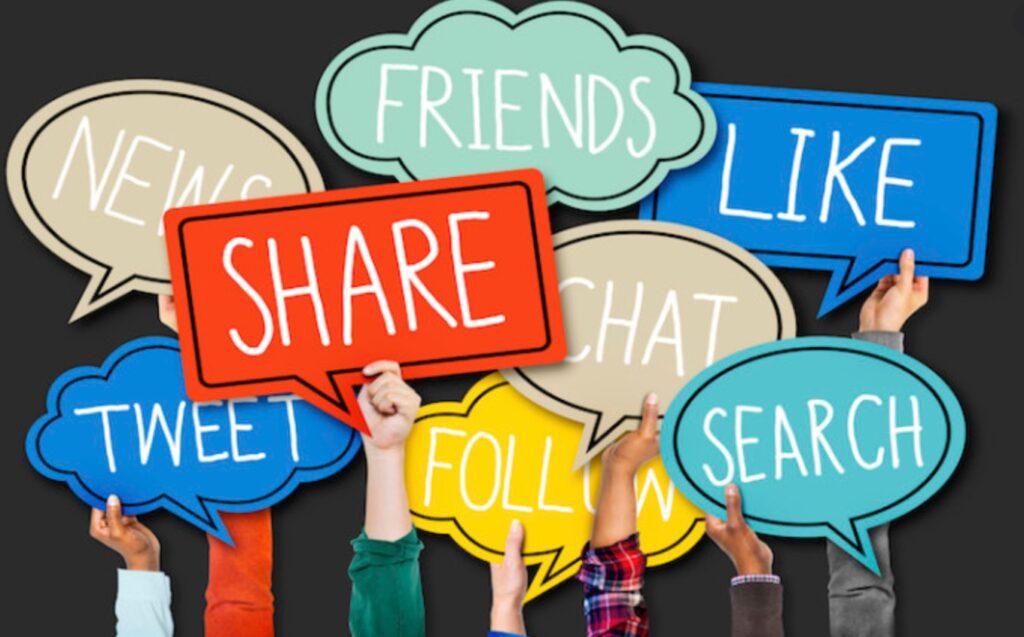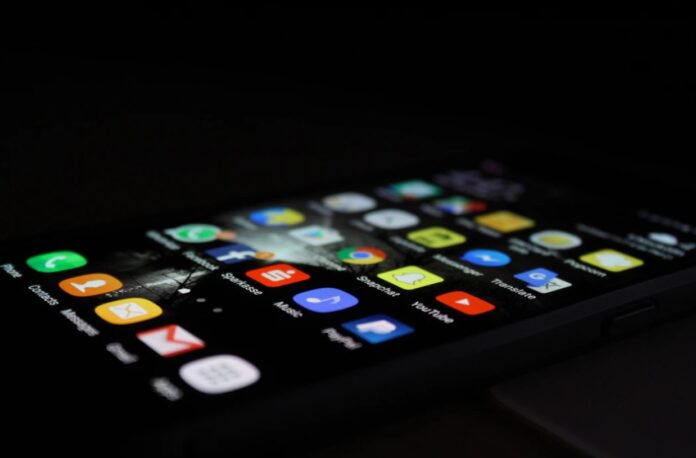Did you know that the mobile applications on which you enter your data and information without a second thought take in your data and share it with third party websites? Well, we were shocked too.
Your data may be the most valuable asset you can possess, but with each passing day, it’s getting even harder to save it and keep it entirely personal. Data sharing is not an uncommon scenario nowadays. Most apps and websites collect your data and store it to use it for their advantage or to sell it to third-party advertisers.
Since internet users have received this news, privacy and security have become the talk to every other person. Users have started switching from Google to more privacy-focused search engines like DuckDuckGo and StartPage.
But that isn’t the issue. The issue is that it’s not just Google that has been stealing user data and selling it to advertisers. It’s all popular applications we tend to use that have been doing the same. The list is as shocking for us as it would be for you.
To stay utterly anonymous over the internet and prevent yourself from a significant data breach, you should use a Virtual Private Network (VPN). To find out which VPNs are trustworthy to use, please checkout VPNRanks.
List of all applications that share your data:
The list wouldn’t have been shocking if the title said it’s the list of all the applications we enter our data on. But, unfortunately, that isn’t the case. The list mentions all the apps that store as well as share most of your data:
- Instagram (79% of personal data collected)
- Facebook (57% of personal data collected)
- LinkedIn (50% of personal data collected)
- Uber Eats (50% of personal data collected)
- Trainline (43% of personal data collected)
- YouTube (43% of personal data collected)
- YouTube Music (43% of personal data collected)
- Deliveroo (36% of personal data collected)
- Duolingo (36% of personal data collected)
- eBay (36% of personal data collected)
To prevent your data from being shared through apps and to stay anonymous, you need to understand which apps you seriously need to avoid using and the information you share with that app.
The apps on your phone collect your data, track your activity, and share your data with third-parties by the stats presented by pCloud above.
According to the study conducted by pCloud, precisely 52% of the total applications we install on our smartphones store and share our data. The highest percentage of data collection is done by our favorite social media app Instagram. Instagram collects 79% of user data and shares it.
Similarly, another popular social media app Facebook collects 57% of the total data users share with the app and sells it to third-party advertisers.
The rest of the listed apps are LinkedIn, ranking 3rd and collecting 50% of personal data from users. Uber Eats, ranking 4th and collecting 50% of personal data, Trainline, ranking 4th and collecting 43% of personal data from all users, YouTube collecting 43% of personal data, YouTube Music too collects 43% of personal data, Deliveroo collects 36% of all personal data, Duolingo, 36% of private data, and eBay, ranking 10th while collecting 36% of the confidential information that users share on the app and sells it.
pCloud’s list does not end here. It goes up to the 50th position with popular applications like TikTok (collecting 36% data), Reddit (collecting 29% data), Spotify (collecting 29% data), Hulu (collecting 29% data), Twitter (collecting 21% data), Soundcloud (collecting 7% data), and Myfitnesspal (collecting 7% data).
This list came out as a shock to most internet users who had not considered data breach an issue this big, especially from apps they trusted the most with their privacy.
Apps that collect user data for marketing purposes:
The report had some other stats to bust for all readers out there. The report further said that the apps use 80% of all the users’ data for their marketing purposes. Instagram and Facebook top the list yet again for this scenario. Klara further follows the list, Grubhub, Uber, Uber Eats, eBay, Just Eat, LinkedIn, and finally, Twitter on the final position.
Facebook and Instagram topping most of the lists portray how social media apps collect most of the data that users trustfully enter on the apps and use it for their data-tracking and personal gains.
Even applications that were considered harmless, like the food delivery apps, also play a significant role in collecting and sharing users’ data with third parties. This information may be hard to digest, but it is the truth.
The digital world has also turned into a business where individual privacy and security are minor concerns. Everything depends on how efficiently one can turn something as personal as your private data into a business. This is what selling data feels like. I mean, who knew social media apps could be the most invasive.

The safest applications to use:
While mentioning all the invasive apps that collect and sell your data, pCloud also listed the applications that do not collect personal data for personal gain. These apps include:
- Signal
- Google Classroom
- Microsoft Teams
- Clubhouse
- Netflix
- Boohoo
- Shazam
- Telegram
- Skype
- Etsy
- Zoom
These applications listed above are known to collect no personal data and are extremely clear about their privacy policy. Although Google applications are very invasive, Google Classroom isn’t. You can use these apps without a second thought, thanks to pCloud for their eye-opening report.

Conclusion:
With evolving technology and increased privacy breaches, you must be extremely careful about the websites and apps that you use to protect your data online from cyber threats. When apps we trust the most on our phones collect our information and sell it to websites, you can imagine how much data do the apps that we randomly install on our phones collect.











